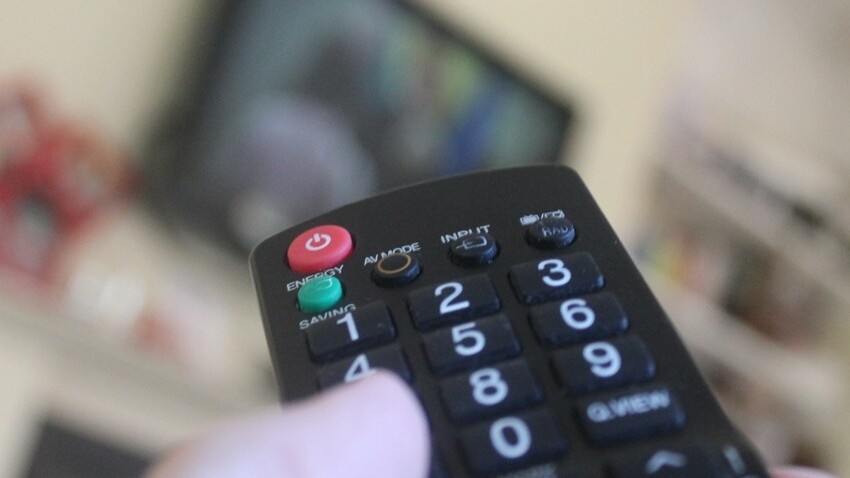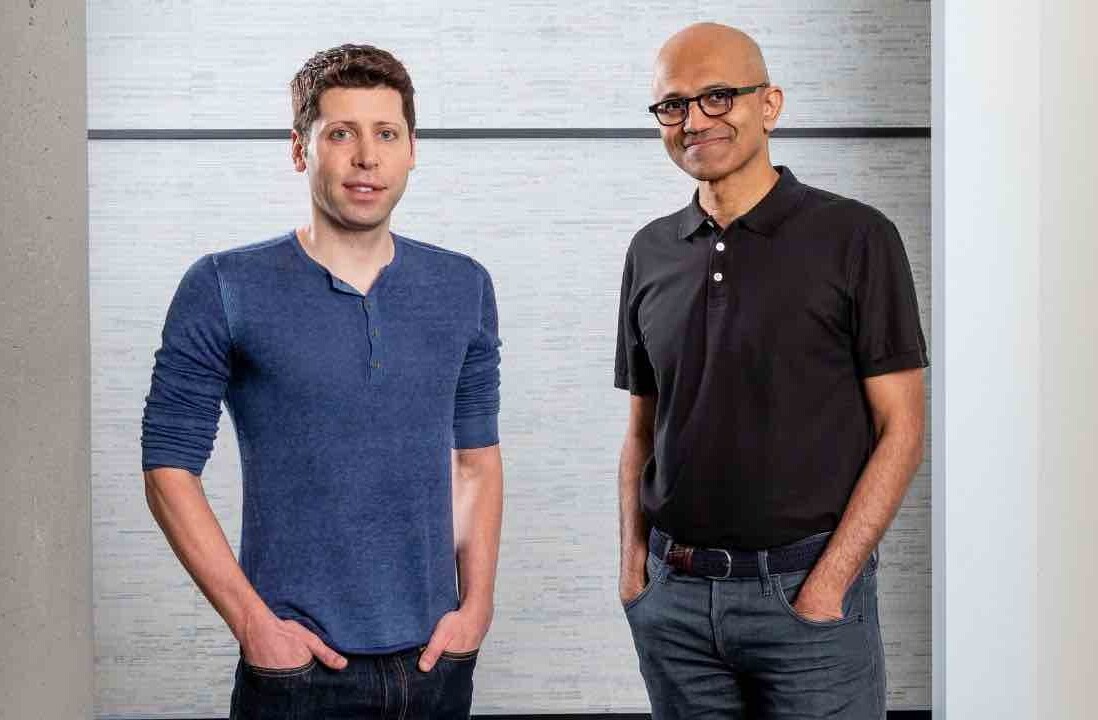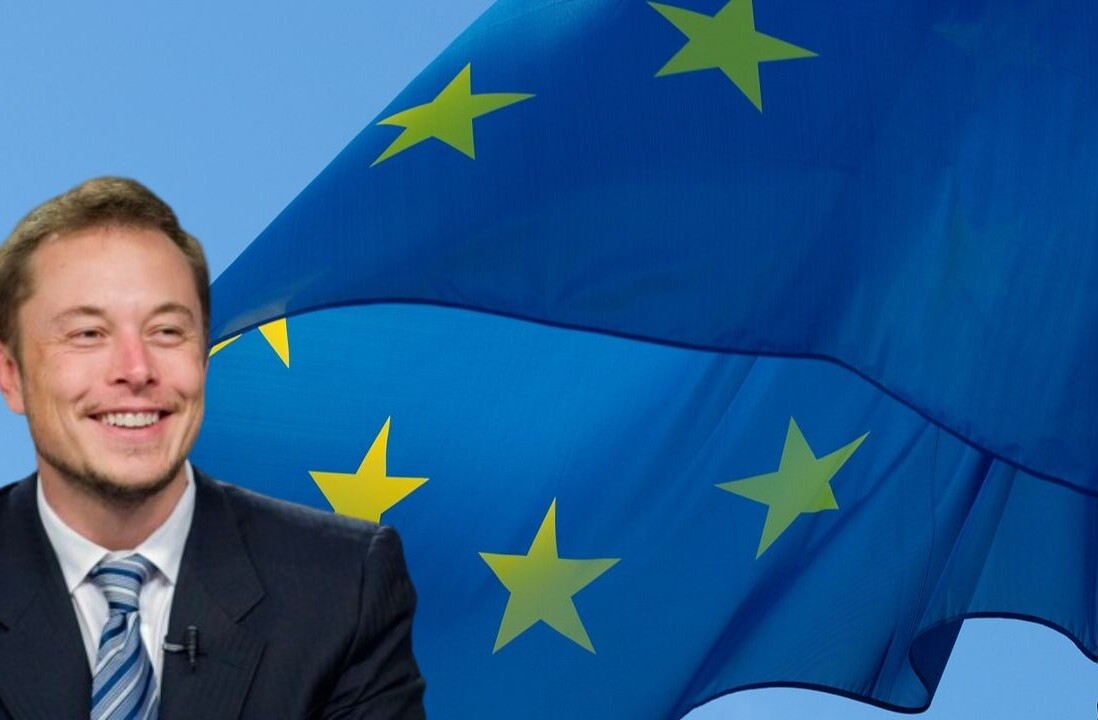
Earlier today, the fate of Aereo’s free-to-air broadcast TV service was finally clarified: According to the US Supreme Court, it violates the Copyright Act.
Aereo CEO and founder Chet Kanojia has now made an official statement on the outcome, noting that today’s decision is “a massive setback for the American consumer,” while adding that it “sends a chilling message to the technology industry.”
In terms of what comes next, Kanojia seems to indicate that they will fight on, though doesn’t specify to what degree or in what capacity. “We are disappointed in the outcome, but our work is not done,” he says. “We will continue to fight for our consumers and fight to create innovative technologies that have a meaningful and positive impact on our world.”
Does this mean with Aereo itself or another technology? We reached out for clarification, but received this: “This is our only statement at this time.”
Here’s the statement in full:
STATEMENT FROM AEREO CEO AND FOUNDER CHET KANOJIA ON UNITED STATES SUPREME COURT DECISION
Court decision denies consumers the ability to use a cloud-based antenna to access free over-the-air television, further eliminating choice and competition in the television marketplace
New York, New York (June 25, 2014) – The following statement can be attributed to Aereo CEO and Founder, Chet Kanojia:
“Today’s decision by the United States Supreme Court is a massive setback for the American consumer. We’ve said all along that we worked diligently to create a technology that complies with the law, but today’s decision clearly states that how the technology works does not matter. This sends a chilling message to the technology industry. It is troubling that the Court states in its decision that, ‘to the extent commercial actors or other interested entities may be concerned with the relationship between the development and use of such technologies and the Copyright Act, they are of course free to seek action from Congress.’ (Majority, page 17) That begs the question: Are we moving towards a permission-based system for technology innovation?
“Consumer access to free-to-air broadcast television is an essential part of our country’s fabric. Using an antenna to access free-to-air broadcast television is still meaningful for more than 60 million Americans across the United States. And when new technology enables consumers to use a smarter, easier to use antenna, consumers and the marketplace win. Free-to-air broadcast television should not be available only to those who can afford to pay for the cable or satellite bundle.”
“Justice Scalia’s dissent gets its right. He calls out the majority’s opinion as ‘built on the shakiest of foundations.’ (Dissent, page 7) Justice Scalia goes on to say that ‘The Court vows that its ruling will not affect cloud-storage providers and cable television systems, see ante, at 16-17, but it cannot deliver on that promise given the imprecision of its results-driven rule.’ (Dissent, page 11)”
“We are disappointed in the outcome, but our work is not done. We will continue to fight for our consumers and fight to create innovative technologies that have a meaningful and positive impact on our world.”
Get the TNW newsletter
Get the most important tech news in your inbox each week.





